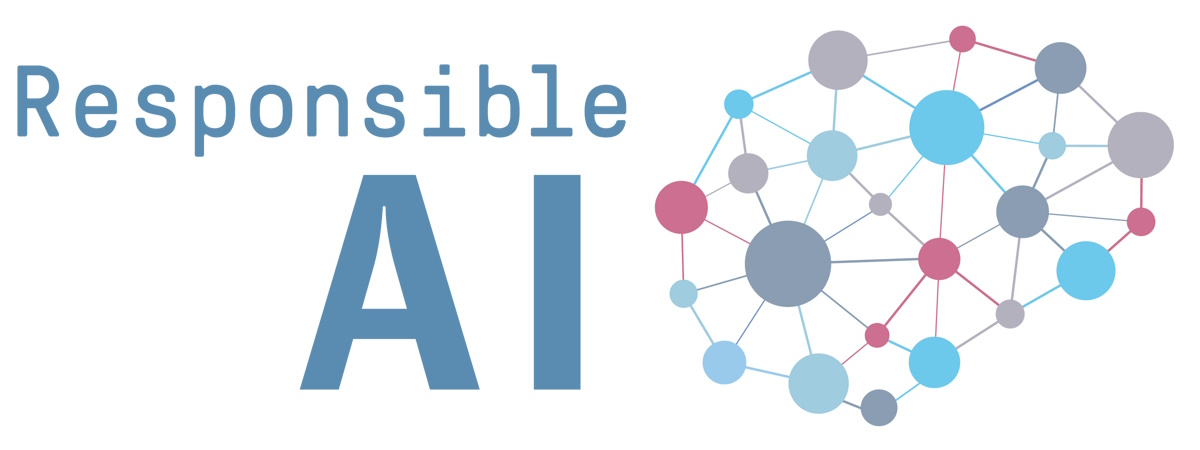Australia is taking significant steps to promote the responsible use of artificial intelligence (AI), calling for the development and implementation of ethical AI frameworks. This initiative aims to ensure that AI technologies are used in ways that are ethical, transparent, and beneficial to society. This article explores Australia’s efforts to promote responsible AI and the implications for businesses and policymakers.
The Need for Responsible AI
AI technology has the potential to drive significant economic and social benefits, including improved efficiency, innovation, and quality of life. However, the rapid adoption of AI also poses risks, such as bias, discrimination, privacy violations, and job displacement. Responsible AI aims to mitigate these risks by ensuring that AI systems are designed and deployed in ways that uphold ethical principles and respect human rights.
Australia’s AI Ethics Framework
To address the challenges and opportunities associated with AI, the Australian government has developed an AI Ethics Framework. This framework provides guidelines for the responsible development and use of AI technologies. Key principles of the framework include:
- Human-Centric AI: AI should benefit individuals, society, and the environment, prioritizing human well-being and autonomy.
- Transparency and Accountability: AI systems should be transparent, with clear documentation and mechanisms for accountability.
- Fairness: AI should be designed and implemented to avoid biases and discrimination, ensuring fairness and inclusivity.
- Privacy Protection: AI systems should protect individuals’ privacy and comply with relevant data protection laws.
- Security and Reliability: AI systems should be secure, reliable, and resilient against attacks and failures.
Implications for Businesses
The AI Ethics Framework has significant implications for businesses that develop or deploy AI technologies in Australia. Key considerations for businesses include:
- Compliance: Businesses must ensure that their AI systems comply with the principles outlined in the AI Ethics Framework. This may involve conducting ethical assessments and implementing governance structures to oversee AI compliance.
- Risk Management: Identifying and mitigating risks associated with AI, such as bias, discrimination, and privacy violations, is crucial. Businesses should develop risk management strategies and conduct regular audits of their AI systems.
- Transparency and Explainability: Ensuring that AI systems are transparent and explainable is essential for building trust with customers and stakeholders. Businesses should provide clear documentation of how AI decisions are made and ensure that users can understand and challenge these decisions.
- Ethical AI Practices: Businesses should adopt ethical AI practices, such as using diverse training data, conducting bias audits, and involving stakeholders in the development and deployment of AI systems.
Government Initiatives and Support
The Australian government is committed to supporting businesses in their efforts to develop and deploy responsible AI. This includes providing funding for AI research and development, offering resources and tools for ethical AI implementation, and promoting international collaboration on AI governance.
Key Government Initiatives:
- AI Grants and Funding: The government has launched several funding programs to support AI research and development, focusing on projects that align with ethical AI principles.
- Guidance and Resources: The government provides guidance and resources to help businesses implement the AI Ethics Framework. This includes toolkits, best practice guides, and case studies.
- International Collaboration: Australia is actively participating in international discussions on AI governance, working with other countries to develop global standards and frameworks for responsible AI.
The Role of Policymakers
Policymakers play a crucial role in promoting responsible AI by developing and enforcing regulations that align with ethical AI principles. This includes:
- Regulatory Frameworks: Developing regulatory frameworks that ensure the responsible use of AI, addressing issues such as bias, discrimination, privacy, and security.
- Public Engagement: Engaging with the public and stakeholders to understand their concerns and perspectives on AI, ensuring that policies reflect the needs and values of society.
- Monitoring and Enforcement: Monitoring the implementation of AI regulations and enforcing compliance through regular audits and assessments.
Conclusion
Australia’s call for responsible artificial intelligence is a significant step towards ensuring that AI technologies are used ethically and transparently. The AI Ethics Framework provides a comprehensive set of guidelines for businesses and policymakers to follow, promoting human-centric, fair, and accountable AI. As AI continues to evolve, Australia’s efforts to promote responsible AI will play a crucial role in shaping the future of AI governance and ensuring that the benefits of AI are realized while mitigating its risks.
Source: IT Brief













Got a Questions?
Find us on Socials or Contact us and we’ll get back to you as soon as possible.